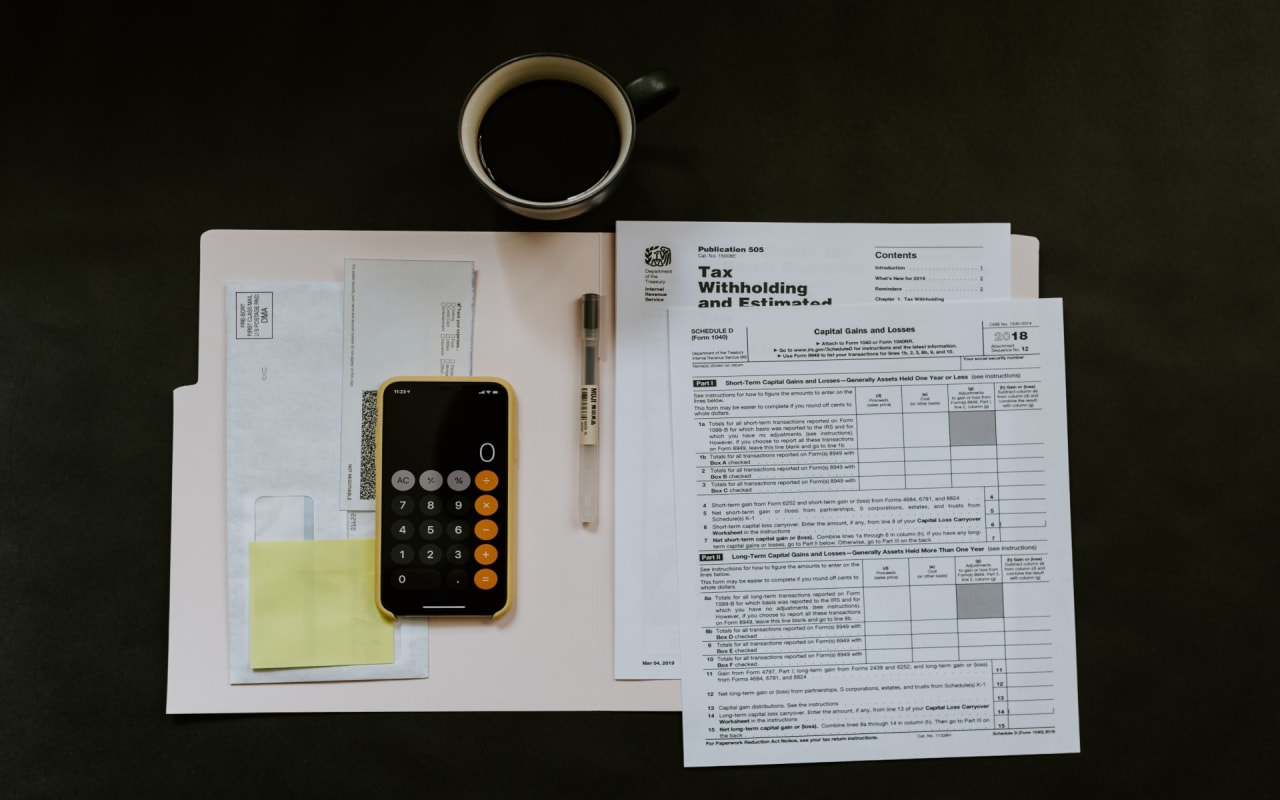With some exceptions, the majority of homeowners are required to pay property taxes. Knowing the property taxes you’ll be expected to pay in your area is important before you purchase a home. No one likes financial surprises and educating yourself about this often overlooked obligation will help you better determine your budget and monthly expenses.
Ahead, more information on property taxes and how they work in Texas.
What Are Property Taxes?
Property taxes are local taxes set and collected by local governments to fund public services like schools, streets, roads, parks and libraries. It’s important to note that Texas has no state property tax. According to the state comptroller, “The Texas Constitution and statutory law authorizes local governments to collect the tax. The state does not set tax rates, collect taxes or settle disputes between you and your local governments.”
How Do Property Taxes Work?
In the state of Texas, property taxes are collected as a percentage of each home’s appraised value. From there, tax collectors distribute funds to your local government to be allocated toward a range of public services and programs.
When Are Property Taxes Due in Texas?
The final deadline for property tax payment in Texas is January 31. Property tax bills are typically mailed out in October. While it’s best to pay your property taxes as soon as you receive a bill, January 31 is the latest date you can pay without accruing interest fees or penalties. You also have the option to make monthly payments and can connect with an assessor at your local tax office for more information.
How Much Are Property Taxes in the Woodlands, TX?
According to 2021 data from The Woodlands Township Board of Directors, the adopted total property tax rate is $22.31 cents per $100 of taxable value, which is the same tax rate as the previous tax year. The debt service component is $1.46 cents and maintenance and operations is $20.85 cents.
How Are Property Taxes Calculated?
Property taxes are calculated based on the market value of your property, including both the land and property on it. In general, tax assessors will value your property every 1–5 years based on your municipality and levy the rate set by the taxing authority. In other words, your property taxes are determined using the assessed property value and the “mill levy” or “millage tax.”
As described by Investopedia, “the
mill levy is the
tax rate levied on your property value, with one mill representing one-tenth of one cent. So, for $1,000 of assessed property value, one mill would be equal to $1.”
How Do I Find Out How Much Property Taxes Are in My Area?
Keep in mind that property taxes will vary from home to home—even in the same area! The best way to estimate your property taxes is to multiply your home’s assessed value by your area’s mill levy. So if the tax assessor says that your home is worth $361,500 and the mill levy is 2.01%, expect to pay about $7,272 in property taxes.
How Do You Pay Property Taxes?
Tax Code Section 31.06 allows property tax payments to be made with United States currency, check, money order, credit card or electronic funds transfer. You can pay online or in person at your county’s tax office.
What Home Improvements Increase Property Taxes?
Here are 7 home improvements that significantly add value to your home and typically result in property tax increase:
1. Pools
2. Home additions (aka more square footage)
3. Specific structural changes (like adding a wall to create an additional bedroom)
4. Decks
5. Space conversions (like covering a patio to create a larger living area)
6. Outbuildings (new storage shed)
7. Basement renovations
Photo credit: Better Homes and Gardens
Is There a Way to Lower Your Property Taxes?
Yes, there are two ways to lower your property taxes: tax exemptions (if applicable) and by protesting your property’s assessed value.
Who’s Exempt From Paying Property Taxes?
Based on information from the state comptroller, “The Residence Homestead, Tax Code Section 11.13, is the most common property tax exemption in Texas and covers the following:
-
School district taxes: All residence homestead owners are allowed a $40,000 residence homestead exemption from their home’s value for school district taxes.
-
County taxes: If a county collects a special tax for farm-to-market roads or flood control, a residence homestead owner is allowed a $3,000 exemption for this tax. If the county grants an optional exemption for homeowners age 65 or older or disabled, the owners will receive only the local-option exemption.
-
Age 65 or older and disabled exemptions: Individuals age 65 or older or disabled residence homestead owners qualify for a $10,000 residence homestead exemption for school district taxes, in addition to the $40,000 exemption for all homeowners. If the owner qualifies for both the $10,000 exemption for age 65 or older homeowners and the $10,000 exemption for disabled homeowners, the owner must choose one or the other for school district taxes. The owner cannot receive both exemptions.
-
Optional percentage exemptions: Any taxing unit, including a city, county, school or special district, may offer an exemption of up to 20 percent of a residence homestead’s value. No matter what the percentage is, the amount of an optional exemption cannot be less than $5,000. Each taxing unit decides if it will offer the exemption and at what percentage. This percentage exemption is added to any other residence homestead exemption under Tax Code Section 11.13 for which an owner qualifies. The taxing unit must decide before July 1 of the tax year to offer this exemption.
-
Optional age 65 or older or disabled exemptions: Any taxing unit may offer an additional residence homestead exemption amount of at least $3,000 for taxpayers age 65 or older or disabled.”
At What Age Do Seniors Stop Paying Property Taxes?
Senior citizens stop paying property taxes at the age of 65.
Who Pays Property Taxes on Owner Financing?
The buyer is typically responsible for making monthly payments toward property taxes, but these terms depend upon negotiations between both parties and should be outlined in the purchase agreement.
When Do You Start Paying Property Taxes on a New Home?
Property taxes are typically prorated at closing so that the buyer and seller pay their respective share of taxes for the year.
How Many Months of Property Taxes Are Collected at Closing?
On average, expect to pay roughly 3 months.
Got more questions on property taxes and how they’ll impact your purchase or sale? Email me at
[email protected] for more information!












